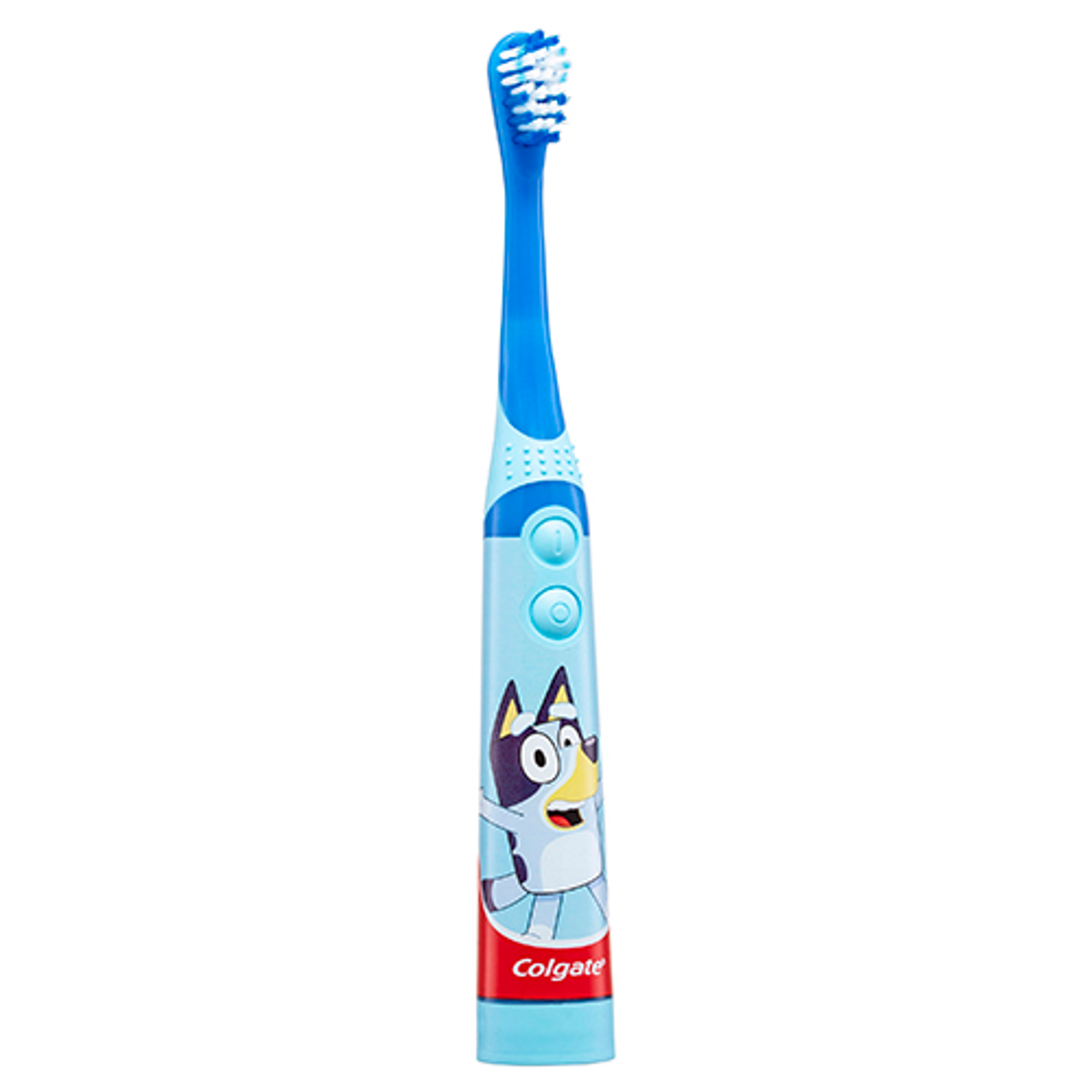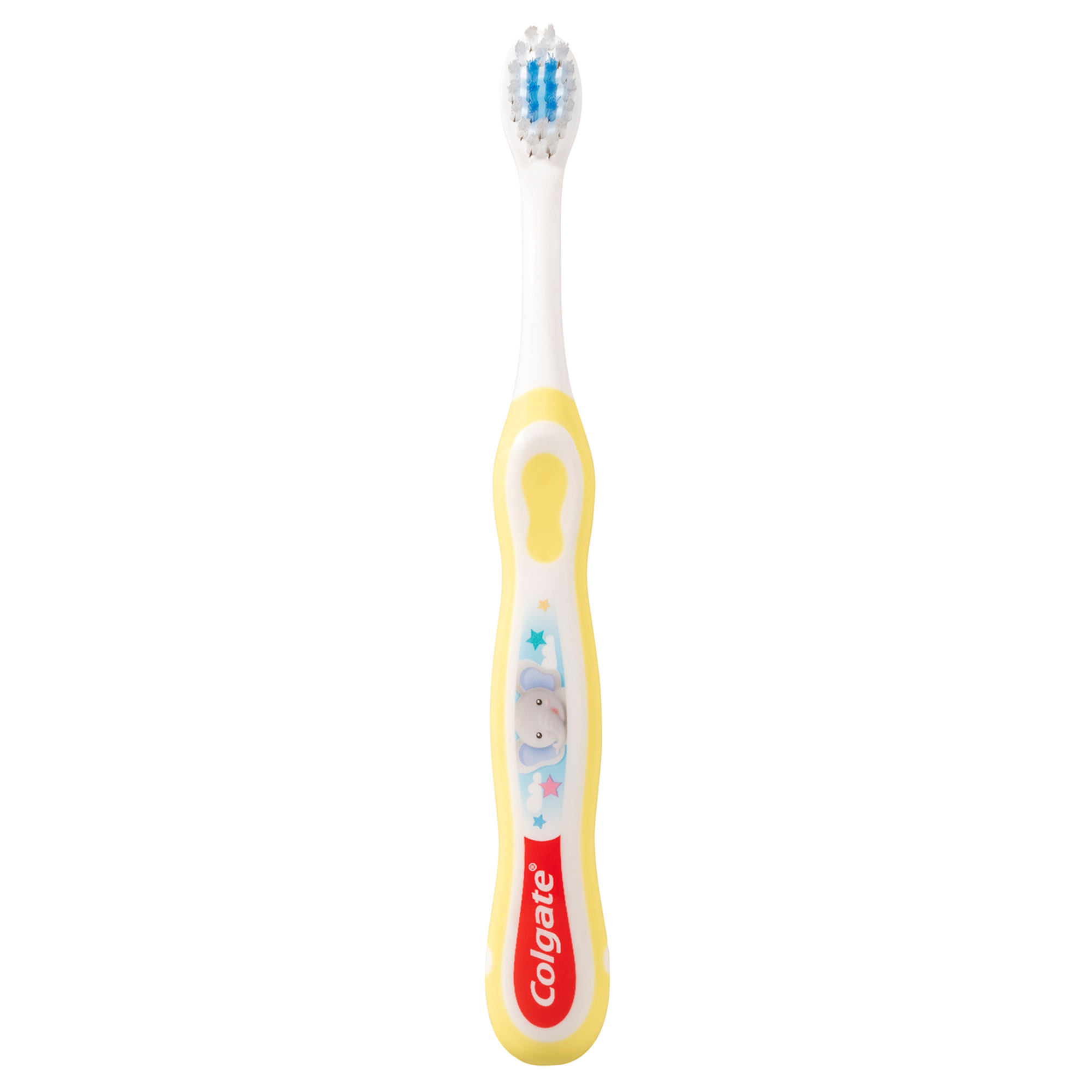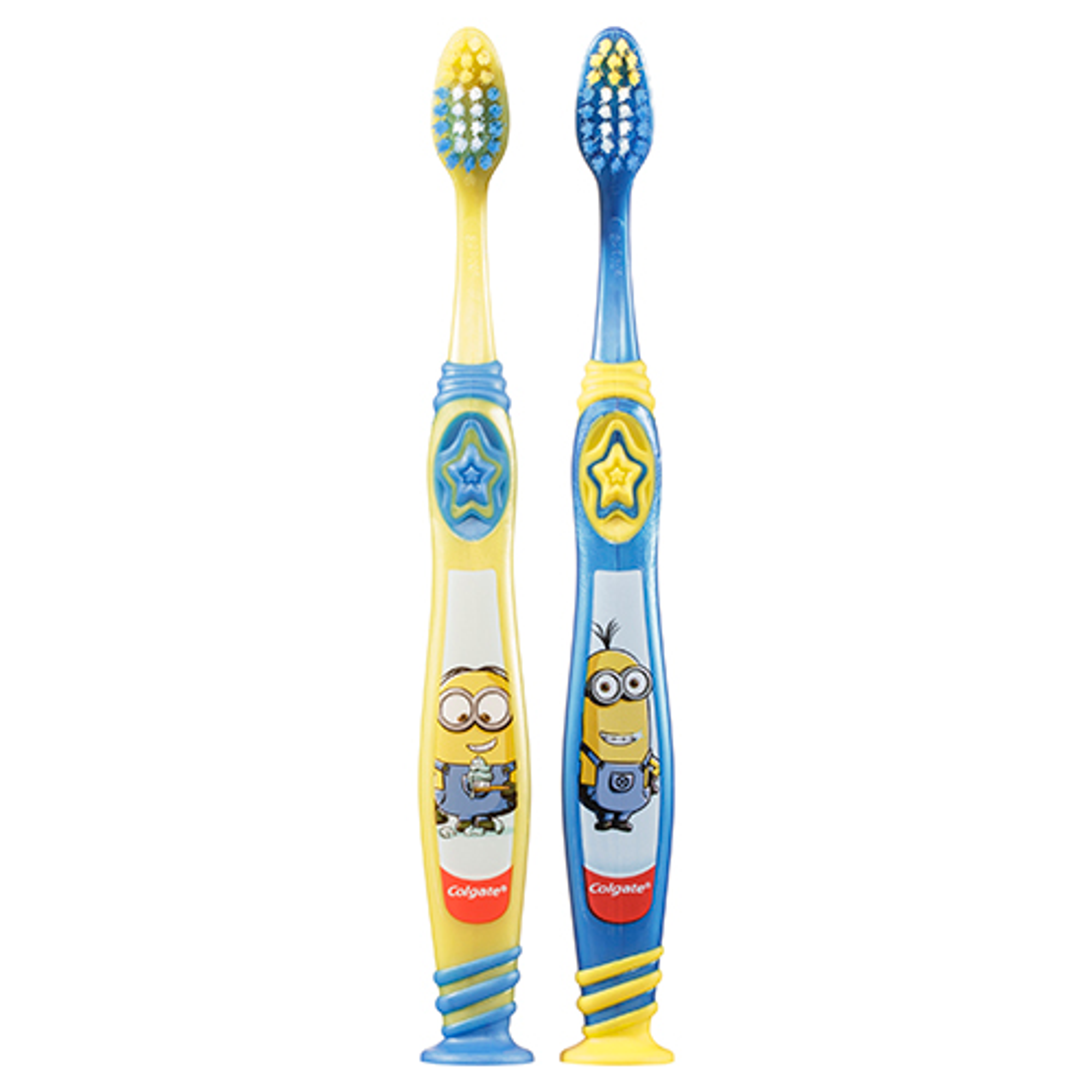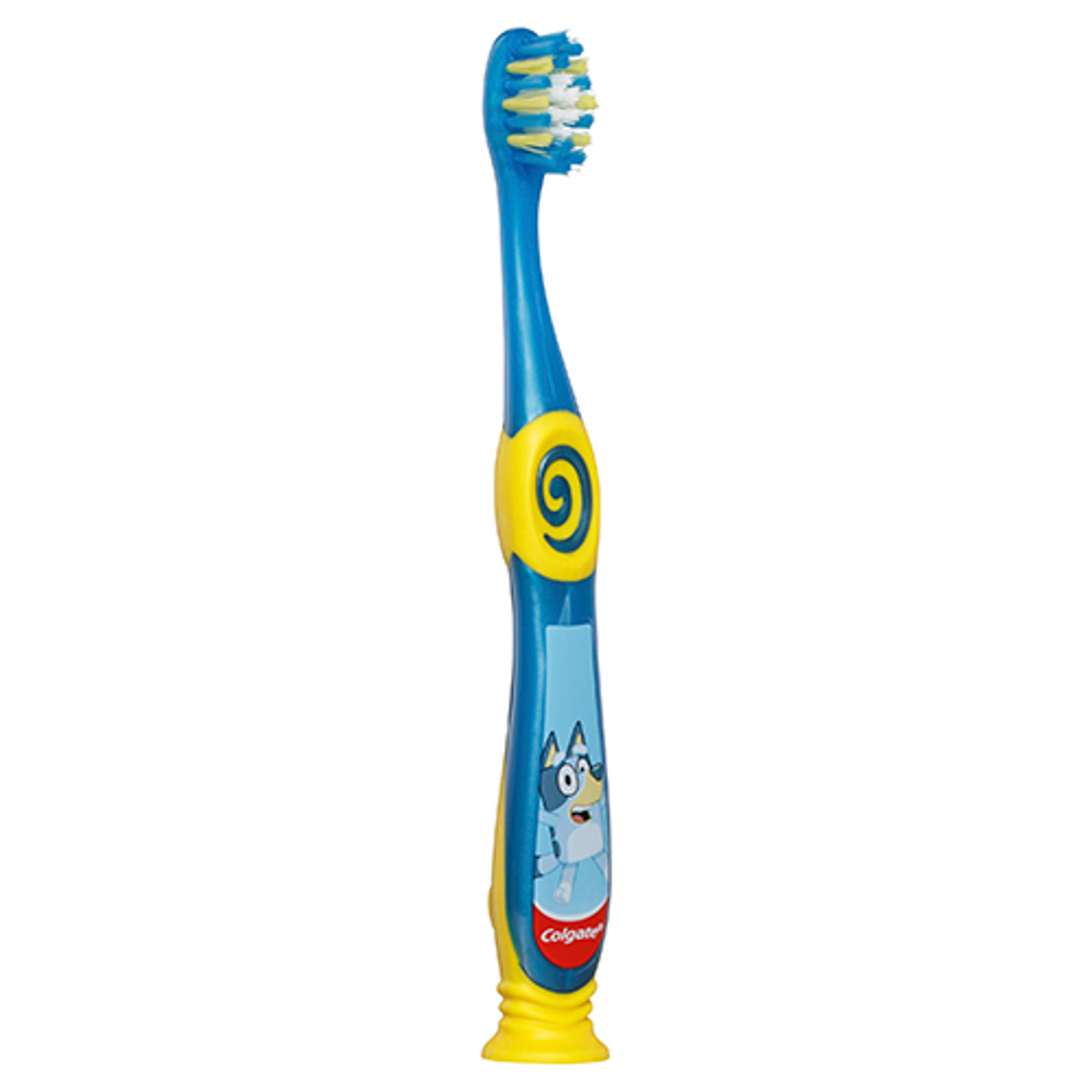-
-

BRUSHING & FLOSSING
How to BrushWhat Is the Right Way to Brush?
Proper brushing takes at least two minutes — that's right, 120 seconds!...

BRUSHING & FLOSSING
How To FlossWhat is the Right Way to Floss?
Proper flossing removes plaque and food particles in places where a toothbrush cannot easily reach... -
Science & Innovation
- Home
- Oral Health
- Baby Teeth Chart: How It Can Help You During Teething


When a baby's teeth start coming through many parents search for a baby teeth chart in order to anticipate what may happen in their baby's mouth. Parents want to see when their child's baby teeth are expected to appear and in what order. As new parents will quickly discover, each child is different.
A baby teeth chart gives a general idea of when teeth are expected to come through, however each child will have his or her own schedule of development and so a teeth chart is intended as a guide, not an absolute.
Eruption of Baby Teeth
Typically, teeth begin erupting around six months of age, but for some babies it may happen earlier, for others later. Neither of these situations is a cause for immediate concern. Parents holding an unsettled baby will, of course, try everything to help their baby feel better, and they will sometimes turn to a baby teeth chart like this one from the Australian Dental Association to help make sense of what is going on.
Over several years, your child will have 20 teeth erupt. These are a child's first set of teeth, often referred to as 'baby' or 'primary' teeth. Most children will have a full set of baby teeth by the age of three.
The baby teeth chart shows that a child will have four front teeth erupt on the top and bottom jaws (a total of eight incisor teeth), in addition to four canines, four first molars, and four second molars. Many times, the earliest baby teeth will come in pairs. This can often account for a baby being unsettled when one tooth has already erupted, as commonly a second tooth is erupting simultaneously.
Early Oral Care Habits Last a Lifetime
As their child's baby teeth come in, it is important for parents to establish healthy oral care habits. A baby's 20 baby teeth are already present in their jaws at birth, and are important to their lifelong health. Children will begin to lose their primary teeth around the age of six, at which point their permanent teeth usually start to erupt. Most children will have lost all of their baby teeth by the age of 12.
This article is intended to promote understanding of and knowledge about general oral health topics. It is not intended to be a substitute for professional advice, diagnosis or treatment. Always seek the advice of your dentist or other qualified healthcare provider with any questions you may have regarding a medical condition or treatment.
Related Products

Helping dental professionals
More professionals across the world trust Colgate. Find resources, products, and information to give your patients a healthier future










